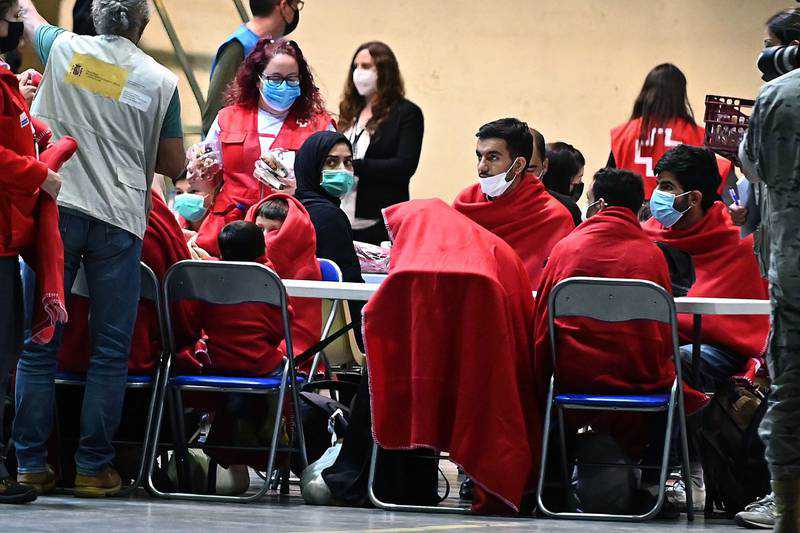Migrants and refugees can be an ‘immense source for development’ but face hurdles

Migrants and refugees can be an immense source for development but they face several barriers that bar them from participating effectively in societies in which they they seek shelter, experts said at the the World Investment Forum organised by the UN Conference for Trade and Development (Unctad).
Regulations that prevent migrants and refugees from working and using basic services, or gaining access to start-up finance and opening formal bank accounts are among the factors that hinder their development.
“The skills and talent of migrants and refugees can be an immense source for development. The objective is to engage migrant and refugee entrepreneurs in productive activity in a sustainable way, improving the quality of their lives as well as local communities,” Isabelle Durant, deputy secretary general of the Unctad, said during the event.
“While migrants are not entrepreneurial by nature ... the risk that they take and the difficulties they face make them more resilient and reinforce their will to succeed in their new life.”
The UN has promoted migrant and refugee entrepreneurship in partnership with International Organisation for Migration and the UN High Commissioner for Refugees since 2017. Its Policy Guide on Entrepreneurship for Migrants and Refugees considers areas such as access to education, finance and technology.
“Unctad works closely with all the UN entities and member states to build capacity, and improve policies on the role of entrepreneurship for social and economies integration of migrants and refugees in the host countries,” Ms Durant said.
“In partnership with IMO and UNHCR, Unctad has been stimulating discussions among policymakers and the wider stakeholders’ community on how entrepreneurship promotion measures may support the long-term social and economic inclusion of refugees and migrants and enhance their positive economic development impact on the host country.”
Refugees and migrants are usually not associated with the concept of entrepreneurship and yet it is in this group that “you find the most innovative, resilient and risk-aware individuals”, Raouf Mazou, assistant high commissioner for operations at UNHCR, said.
There were more than 26.4 million refugees at the end of 2020 while the number of people forcibly displaced is now 82.4 million, according to figures provided by UNHCR. Another 48 million were internally displaced people, it said.
Mr Mazou said that when refugees reach a place of safety, they receive protection and assistance from a host country but finding employment is difficult because of local legislation and employers’ preference for its citizens.
“Entrepreneurship, whatever the small business is, therefore, the way forward,” he said.
In Turkey, Syrian refugees have started more than 9,000 companies, accounting for $560 million of capital, he said.
“In the long term, entrepreneurship is a driver of productivity and economic growth and if the right support and framework are in place, refugees and migrants can be an accelerator of growth,” Mr Mazou said.
Ugochi Daniels, deputy director general for operations at the IOM, said 44 per cent of Fortune 500 companies had been founded or co-founded by an immigrant or the child of an immigrant.
“In an increasingly interconnected world, it is migrants and refugees who become enablers and actors of innovation, and broadening of economic activity and social being of all,” she said.
Tags :
Previous Story
- ITU launches programme to bridge digital divide in...
- 2014 India-Bangladesh resolution ‘a model for peaceful maritime...
- Bangladesh basks on middle-income country status
- Green jobs, closing gender gaps, digital transformation major...
- UN high-ups for postponing LDC graduation of Bangladesh
- UN statement: Bangladesh’s gender wage gap lowest on...
- Bangladesh to join UN Climate Summit on Sept...
- Planner makes world's first adaptable 3D drawn and...